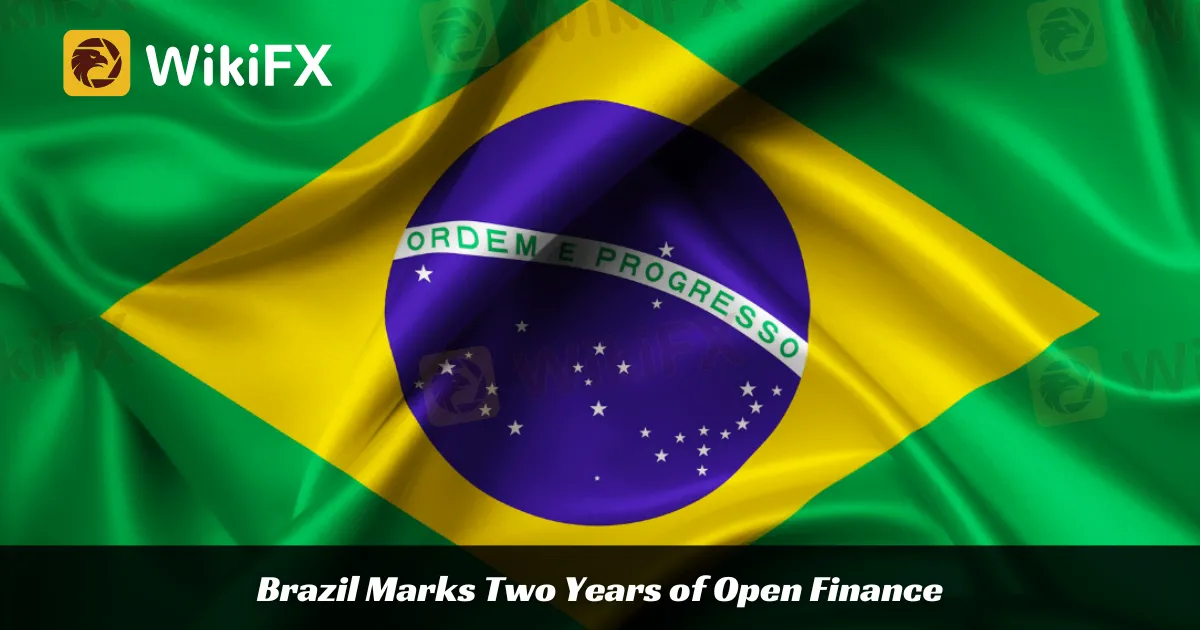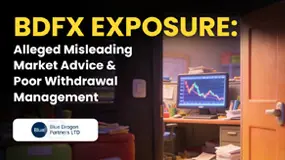Abstract:Brazil began its Open Finance Initiative two years ago today. Because of this effort, open banking has flourished in Brazil, building a new governance structure and financial system for the country's financial institutions.

Brazil began its Open Finance Initiative two years ago today. Because of this effort, open banking has flourished in Brazil, building a new governance structure and financial system for the country's financial institutions.
The Open Finance Initiative acquired 17.3 million consents from users to share personal and banking data with financial institutions throughout this time period. The effort has also resulted in 10.8 billion successful financial ecosystem communications.
The system runs through APIs governed by the Brazilian Central Bank, allowing data sharing across organizations.
General manager of Ozone API in Latin America, Fabio Caldeira, commented on the success of the initiative: “For me, the essential point that allowed us to evolve so much in such a short time was the active role the regulator played in encouraging the market to collaborate in building what is today one of the most advanced Open Finance initiatives in the world. The establishment of a governance structure and the leadership style offered by the regulator were critical pillars in sustaining the progress that we have witnessed in recent years, particularly in contrast to nations that are already fairly established in this area, such as the United Kingdom.”
Speaking on the UK's open banking performance over its five years of existence, Helen Child, founder of Open Banking Excellence recently commented: “Brazil has reached five million connected accounts five times faster than the UK, Australia is already live with ”open energy and countries like Singapore and Saudi Arabia are delivering standards that will be regionally interoperable. The rivalry among UK open banking services is already fierce.
The Brazilian Central Bank has established a strong framework for various enterprises and sectors to communicate in a digital world, as well as opened up the Brazilian market to link with leading nations in the industry.
“The commitment of banks, via Febraban, has been important for the implementation of Open Finance in Brazil in record time and with a broader scope than that witnessed in other countries,” said Isaac Sidney, president of Frebraban (Brazil's Federation of Banks). At Febraban, we already have 12 separate working groups committed to developing the infrastructure.
In phase 4, the project will widen the scope of Brazil's open banking by including data from non-banking players.
Download link: https://www.wikifx.com/en/download.html?source=fma3










